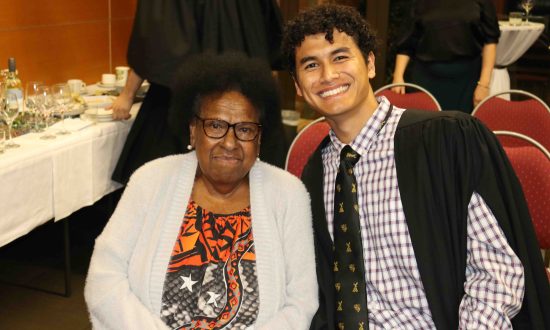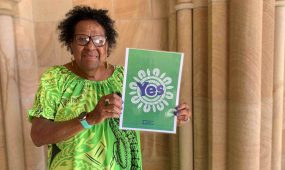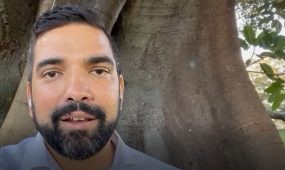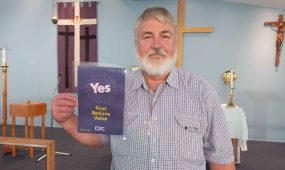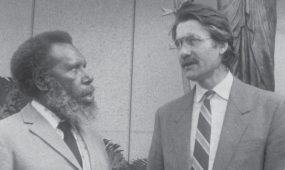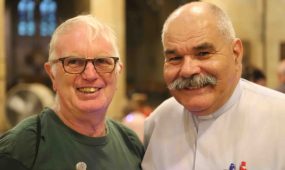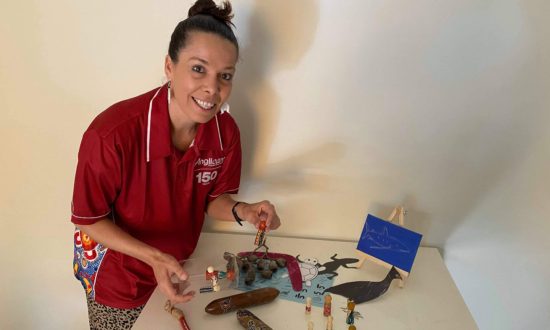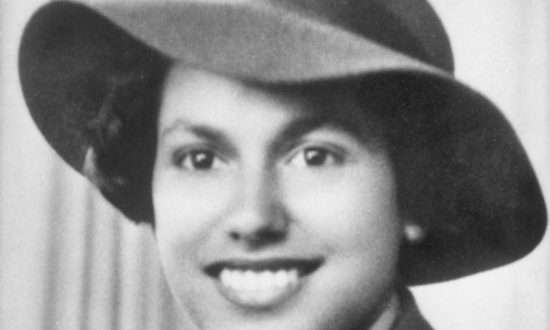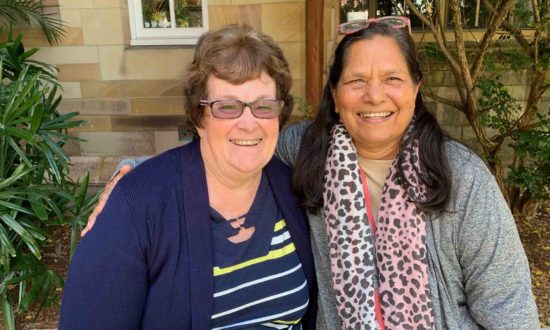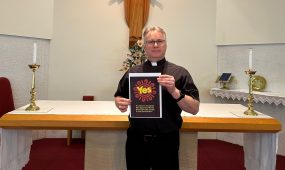
“The Aboriginal and Torres Strait Islander peoples I know are pragmatic, so it makes sense that they wish to be recognised in the Constitution through an advisory body — a Voice. The Voice’s design principles show that the non-binding independent advice will come from the grassroots enabling Parliament and Government to function more effectively. In my book, that can only be a good thing,” says The Rev’d Cameron Freese
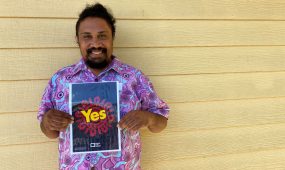
“My dad’s mum, Nan, taught me Dreaming stories, about animals and language. My mum’s dad, Grandad Daylight, taught me stories about the Dreaming, including how the mountains were formed. When I was very young, my aunties and uncles taught me how to fish for whiting and barramundi and how to hunt for turtle and dugong. I learnt a lot from my Old People around the campfire because I listened,” says Gubbi Gubbi and Dharumbal man Adrian Malone from Anglicare
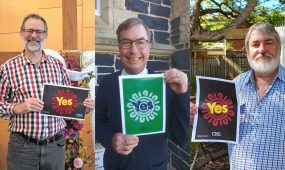
“We are proud to co-author this reflection about why we are championing the Anglican Church Southern Queensland’s position in support of constitutional recognition of Aboriginal and Torres Strait Islander peoples via a Voice. The way we see it, our support of the ‘yes’ vote honours our Diocese’s long legacy, as illustrated in this timeline from the 1960s to present,” say The Ven. Geoff Hoyte, The Rev’d Rick Gummow and The Rev’d Michael Stalley
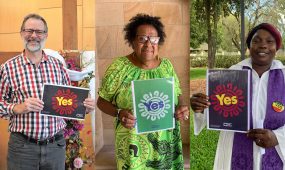
Check out these messaging principles and FAQ guides, video and other resources created to assist clergy, lay leaders and Christian communications professionals, so they can more effectively engage their congregations and wider communities about the Uluru Statement, including constitutional recognition through an Indigenous Voice to Parliament
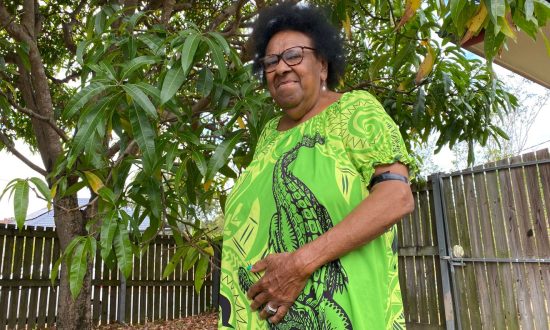 Justice & Advocacy
Justice & Advocacy

